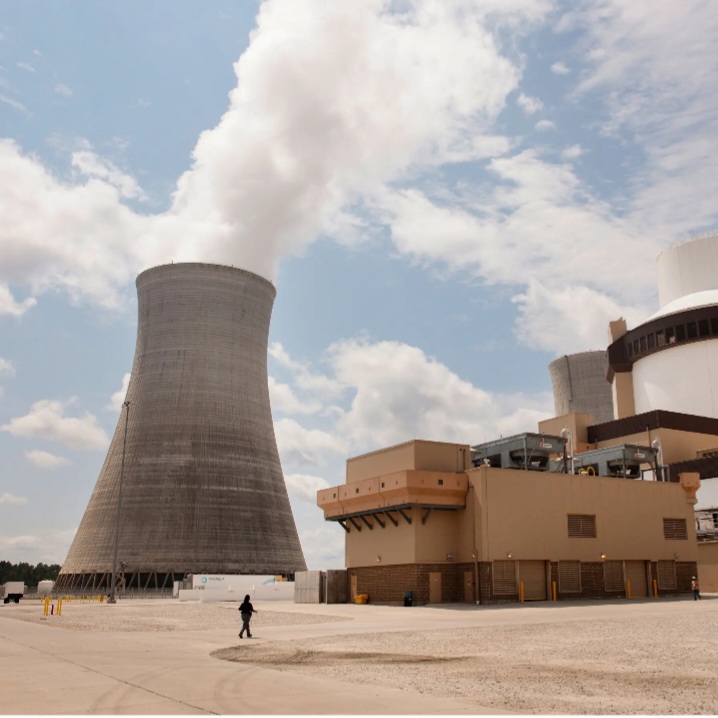The Waynesboro, Georgia, nuclear power plant Vogtle. The final two nuclear reactors at Vogtle were completed years behind schedule and tens of billions of dollars over budget.Give credit…Kendrick Brinson, New York Times photographer Nuclear power facilities are becoming more and more popular among technology companies as a source of the emissions-free electricity required to power artificial intelligence and other enterprises. Recently, Microsoft, Google, and Amazon have entered into agreements with nuclear power plant operators and developers to support the growth of data centres, which offer computing services to both small and large organisations. Due to the significant investments these and other internet companies have made in artificial intelligence (A.I.), which demands significantly more processing power than more traditional tech businesses like social media, video streaming, and web searches, the demand has increased. Microsoft has committed to paying an energy business to reopen Pennsylvania’s closed Three Mile Island nuclear power station. Furthermore, a new generation of compact modular reactors was the focus of announcements made this week by Google and Amazon. Although that technology has not yet been effectively commercialised, energy experts speculate that it could be less expensive and simpler to construct than the massive nuclear reactors that the US has been building since the 1950s. Large technology firms that once made significant investments in solar and wind energy are now more inclined towards nuclear energy because they need reliable power that emits no greenhouse gases. Although they don’t cause climate change, solar and wind energy can’t be used continuously without the aid of batteries or other energy storage devices. The largest IT businesses have all committed to using emissions-free electricity to power their operations by 2030, but that was before artificial intelligence took off and increased energy requirements. “They want to grow all of this in a sustainable way, and right now nuclear is the best answer,” S&P Global Ratings managing director Aneesh Prabhu stated. Google announced on Monday that it has decided to buy nuclear energy from small modular reactors being created by Kairos Power, a start-up. The company anticipated that the first reactor would be operational by 2030. Then, on Wednesday, Amazon said that it will contribute to X-Energy, a different start-up, in order to help them construct compact modular reactors. The agreement between Microsoft and Constellation Energy to bring Three Mile Island’s reactor back online was revealed last month. According to Mr Prabhu, building compact modular reactors might run up to $1 billion apiece, and it might be possible in the future to locate them next to data centres. IT corporations are not the only ones who support nuclear power. A measure that was just approved by President Biden is expected to expedite the creation of new nuclear energy projects, according to its writers, who secured bipartisan majorities in Congress. About 20 percent of the country’s electricity currently comes from nuclear power, which the Biden administration views as essential to meeting its targets for lowering greenhouse gas emissions. In the past, a lot of Democrats opposed the construction of new nuclear reactors due to safety, environmental, and financial concerns.



